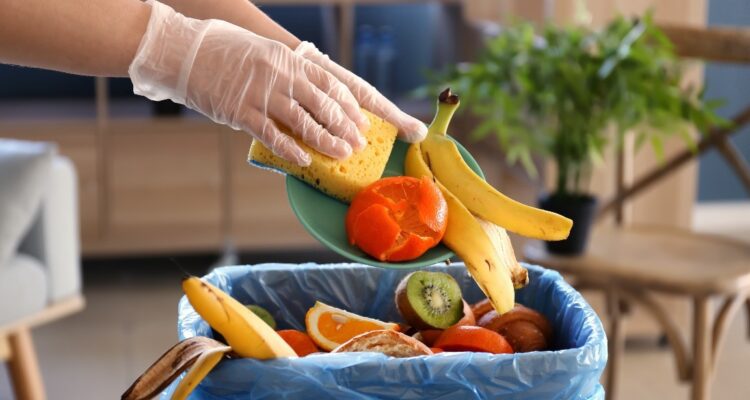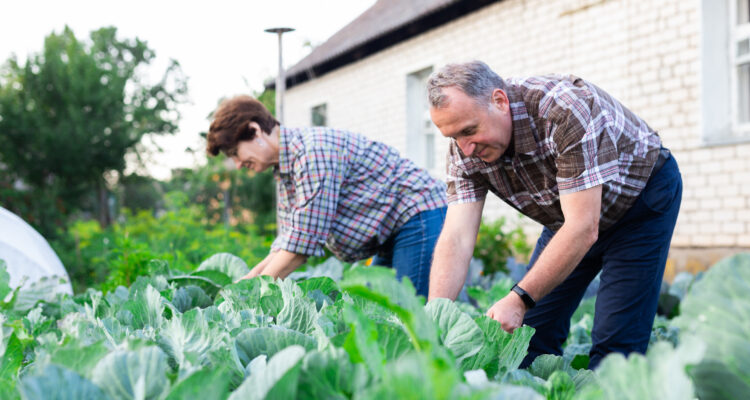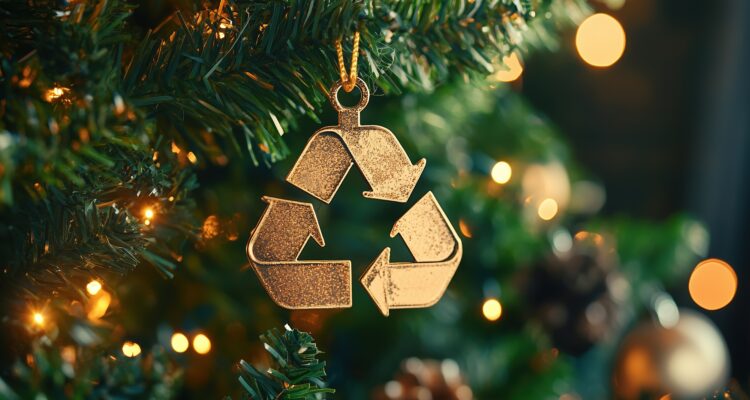In today’s world, where sustainability is becoming increasingly important, finding ways to reduce your food waste is crucial. Not only does minimising food waste help the environment, but it also saves money and resources. In this blog, we’ll explore seven practical and effective strategies to reduce your food waste, ensuring that you make the most out of every meal and contribute to a greener planet.
According to the Love Food Hate Waste website, in the UK we throw away around 6.5 million tonnes of food each year that is still good to eat!
Why is food waste bad?
It’s not only bad for our wallets – costing us over £3.5 billion a year, it’s bad for the planet too. According to UK food charity WRAP, 35% of greenhouse gas emissions come from our food and drink waste[1]. Then of course there’s the fact that people around the world are living in poverty, without enough food, when we sometimes simply throw ours away.
Most food waste happens in our homes – so how can we make a difference?
Here are 7 ways you can reduce your food waste.
Know your labels!
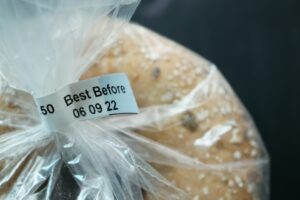
What’s the difference between ‘Use by’ and ‘Best before’? You may or may not know, ‘Use by’ and ‘Best before’ don’t mean the same thing.
- Products labelled ‘Use by’ may be unsafe to eat after date on the label.
- ‘Best before’ foods can usually still be eaten after the date specified if they look and smell ok. Don’t eat anything mouldy, and use this trick to see if eggs are still good.
- Put suitable foods straight into the freezer if you are unsure how soon you may be eating them. A great example of this is bread you know you won’t get through. Simply pop it in the toaster to defrost and it’ll be just like fresh toast.
Plan your meals ahead
We now it’s easier said than done, but meal-planning and checking your store cupboards before shopping can save money and reduce waste significantly. There are some great websites where you can enter the ingredients you have around the house, and they provide recipes for you.
Watch your portions
Avoiding large servings will mean less food ends up in the bin. Many of us are conditioned as children to ‘clear our plates’ so we end up eating even though we are full. Or throwing the food away and feeling guilty.
Serve yourself just what you think you will eat and freeze the leftovers to avoid throwing away perfectly good food. Which brings us to…
Batch cook
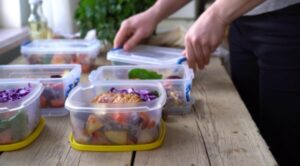
It’s often cheaper to buy in bulk, so it makes sense to cook up more than you need and freeze meals for another day. This saves time, energy and money too! When you are tempted to grab fast food, you can simply search your freezer for a nutritious meal.
Be inventive
Wilted veg doesn’t need to be thrown in the bin – they can be used in a soup or stew instead. Over-ripe bananas can be frozen and added to smoothies or whizzed up with some cashew nuts to make a great, dairy-free ice-cream. Soggy berries can be added to overnight oats for a breakfast-to-go. Stale bread can be used for breadcrumbs or toasted up as croutons.
The possibilities are endless!
Shop locally
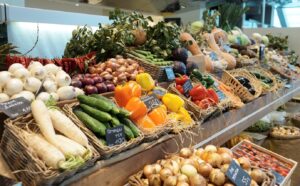
Make the most of small local shops or farm shops/markets to buy portions that are appropriate for your needs. Supermarkets tend to package fruit and veg in large bags and that can really add to food waste. Bonus – you’ll also save plastic packaging and support small vendors too.
Store fresh food properly
Make sure your fridge temperature is between 0-5 degrees Celsius to avoid the growth of bacteria that can spoil your food as well as make you ill. You can also:
- Avoid putting bananas and uncut pineapples in the fridge or near other fruit, as the chemicals they emit as they ripen causes other fruits and veg to ripen more quickly.
- Stand cut herbs in a glass of water and keep them in the fridge.
If you enjoyed reading this, check out our blog – Composting Made Easy | Vavista Car Insurance
Looking for more ways to be more sustainable? Here at Vavista we’re not just about insurance. We want to care for you and your planet too! That’s why we plant a tree for every policy we sell to help offset your carbon footprint.
[1] Food and Drink Greenhouse Gas emissions must be a key priority for COP26, says leading UK environmental charity | WRAP
Get a Vavista car insurance quote today!
